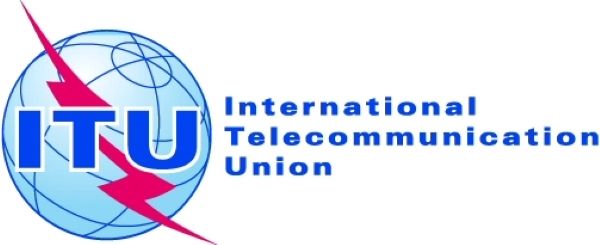ITU, ICPC Unveil Advisory Body for Submarine Cable Resilience
The International Telecommunication Union (ITU) and the International Cable Protection Committee (ICPC) have unveiled the International Advisory Body for Submarine Cable Resilience, aimed at enhancing the security of critical telecommunications infrastructure.
Co-chaired by Nigeria’s Minister of Communications, Innovation and Digital Economy, Dr Bosun Tijani, and Prof Sandra Maximiano, Chair of the Board of Directors at Portugal’s National Communications Authority (ANACOM), the body seeks to improve submarine cable resilience through collaboration and best practices.
Key Objectives
According to ITU, the Advisory Body will work on: Promoting best practices for cable deployment and repair, reducing risks of damage caused by human activity, natural hazards, or equipment failure, and Ensuring the continuity of global communications carried by submarine cables, which form the backbone of the internet and global connectivity.
“Submarine cables support over 99% of international data exchanges and enable essential services such as commerce, finance, governance, digital health, and education. Their resilience is a global necessity,” said ITU Secretary-General Doreen Bogdan-Martin.
Challenges Facing Submarine Cables
Frequent Damage: ICPC reports 150–200 annual faults requiring three cable repairs per week globally.
Causes of Damage: Accidental human activity, such as fishing and anchoring, alongside natural hazards and equipment failure, are primary threats.
ICPC Chair Graham Evans highlighted the importance of safeguarding submarine cables:
“This Advisory Body signifies progress in protecting our global digital infrastructure through international collaboration and best practices.”
Also Read: Meta Plans $10 Billion Subsea Cable Project to Boost Connectivity
Upcoming Meetings and Summit
The Advisory Body’s inaugural virtual meeting is scheduled for December 2024, with the first physical meeting to take place in Abuja, Nigeria, during the Submarine Cable Resilience Summit in February 2025.
Commenting on the initiative, Dr Tijani said, “Submarine cables are vital to global connectivity but face significant risks. Hosting the inaugural summit in Nigeria underscores our commitment to proactive action.”
Prof Maximiano added, “This initiative represents a global commitment to strengthening submarine cable networks and fostering international collaboration for digital resilience.”
Membership and Operations
The Advisory Body comprises 40 members, including Ministers, Heads of Regulatory Authorities, industry executives, and experts. It ensures diversity with representatives from small island states to major economies.
Members reflect perspectives from those dependent on and those responsible for maintaining submarine cables.
The body will convene at least twice annually, consulting on digital resilience, infrastructure development, investment, and international policy.
Recent Impact of Submarine Cable Damage
Earlier this year, damage to submarine cables in regions around Senegal, Ivory Coast, and Portugal disrupted internet and telecom services across Africa. The incident caused a digital blackout affecting businesses, banking, and mobile money transactions.
The new Advisory Body aims to mitigate such risks, ensuring the reliability of critical infrastructure that underpins global connectivity and economic stability.


Comments are closed.